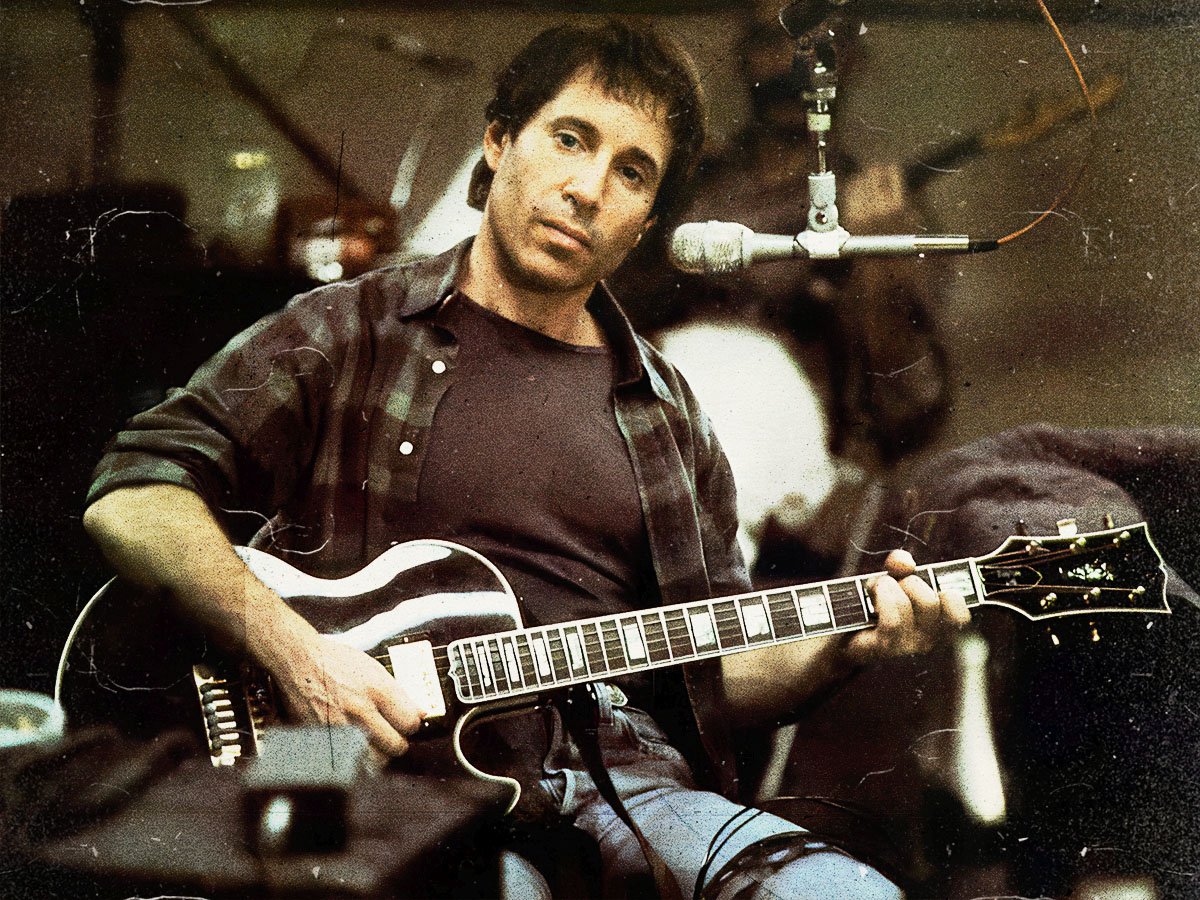
(Credits: Far Out / Alamy)
Sun 19 October 2025 15:00, UK
Graceland is one of the most celebrated albums of all time, but at the time, it was the most controversial thing that Paul Simon, or anybody for that matter, could have done.
In a world where complacency is seen as the same as being the entities that oppress or incite violence, Simon unknowingly made history by doing the exact thing people were calling a boycott against, travelling to South Africa to create an album in the crux of the anti-apartheid movement. Simon knew the risks, but after speaking with some industry friends, he decided it would be worth it.
Funnily enough, though, Simon’s reasoning for going wasn’t to make any political statement, nor was it to even address the ongoing conflict. Instead, he sought to work with South African musicians and have their voices heard, while taking his music in a completely new direction. None of the lyrics in his songs even addressed the political climate he was immersed in. But then again, his response to this was more than fair (“Was I supposed to solve things in a song?”).
Simon wasn’t on a pedestal when it came to being politically outspoken. Most people expected him to stand with anti-apartheid solidarity, which is most of the reasons his decision came as a shock. He’d turned down Sun City twice. But this was also the start of the many contradictions people detected in Graceland, especially as he later enlisted Linda Ronstadt, who had performed at the resort three years earlier.
His choice was perhaps met with such immense criticism because it seemed such a bold choice that would guarantee harm to his own career. But again, Simon wasn’t there to prove anything or even fight for any specific political cause. His reasoning was purely cultural, as he felt not only a musical and creative pull towards South Africa but one that sought to spotlight those who had been silenced by being caught in the crossfire of an intense societal battle.
Graceland could have been shelved, of course, had Simon felt it too much of a risk. But as he walked the tightrope between yes and no, he looked for advice from his peers. Most probably would have told him not to do it, or at least not at that specific moment in time, when the conversation was so hot that opting to go would surely be akin to pouring lava all over his life’s work. But it just so happened that he went to two people who were all for the idea.
”There were people who said I shouldn’t go,” Simon told The New York Times in 1986. “South Africa is a supercharged subject surrounded with a tremendous emotional velocity. I knew I would be criticised if I went, […] I was following my musical instincts in wanting to work with people whose music I greatly admired. Before going I called consulted with Quincy Jones and with Harry Belafonte, who has close ties with the South African musical community. They both encouraged me to make the trip.”
He added, “I later learned that the black musicians’ union took a vote as to whether they wanted me to come. They decided that my coming would benefit them, because I could help to give South African music a place in the international musical community similar to that of reggae.”
Related Topics

